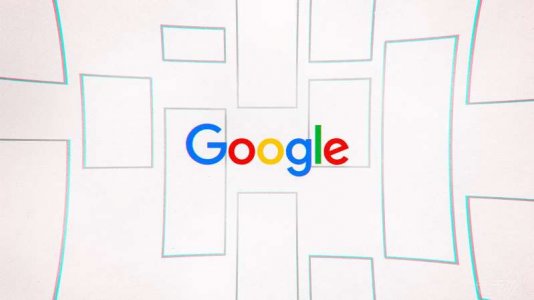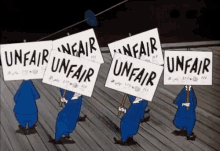mellowyellow
Well-known Member

Google is threatening to pull its search engine from an entire country — Australia — if a proposed law goes into effect that would force Google to pay news publishers for their content.
“If this version of the Code were to become law it would give us no real choice but to stop making Google Search available in Australia,” Google Australia and New Zealand VP Meg Silva told Australia’s Senate Economics Legislation Committee today.
“We have had to conclude after looking at the legislation in detail we do not see a way, with the financial and operational risks, that we could continue to offer a service in Australia,” she added, according to The Sydney Morning Herald…………………
https://www.msn.com/en-us/news/tech...ralia-if-new-law-goes-into-effect/ar-BB1cYO5I



